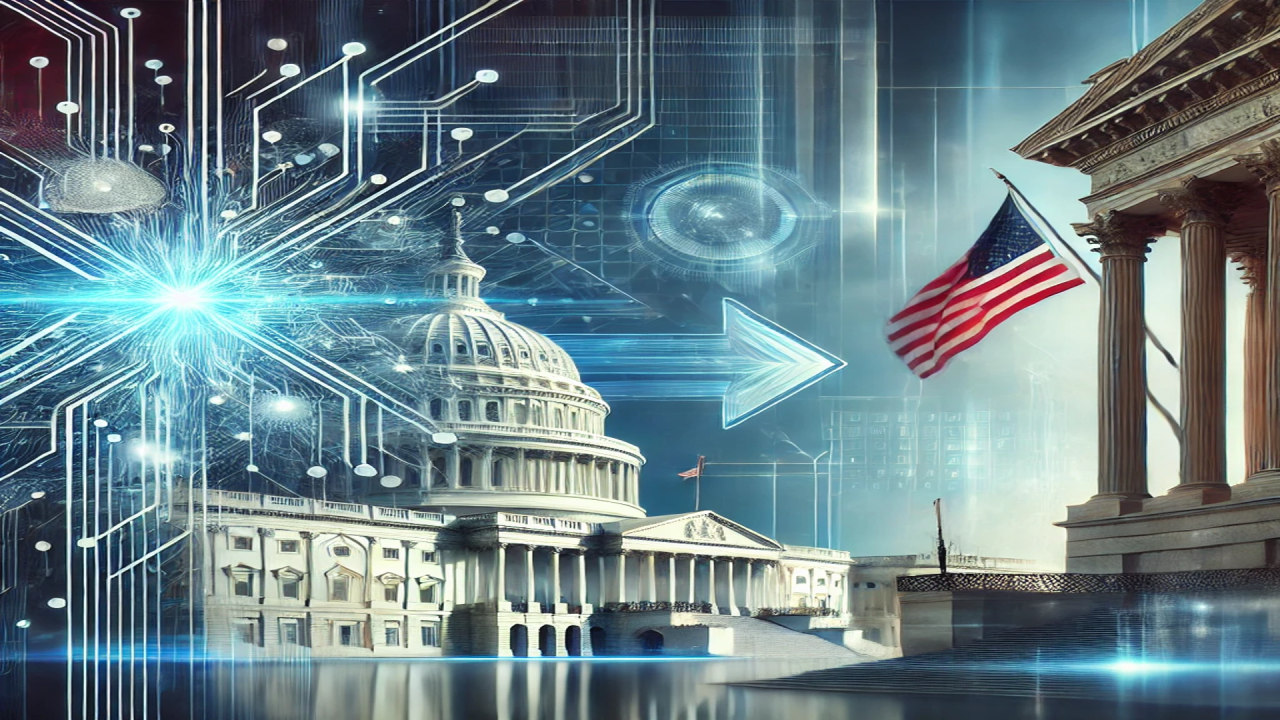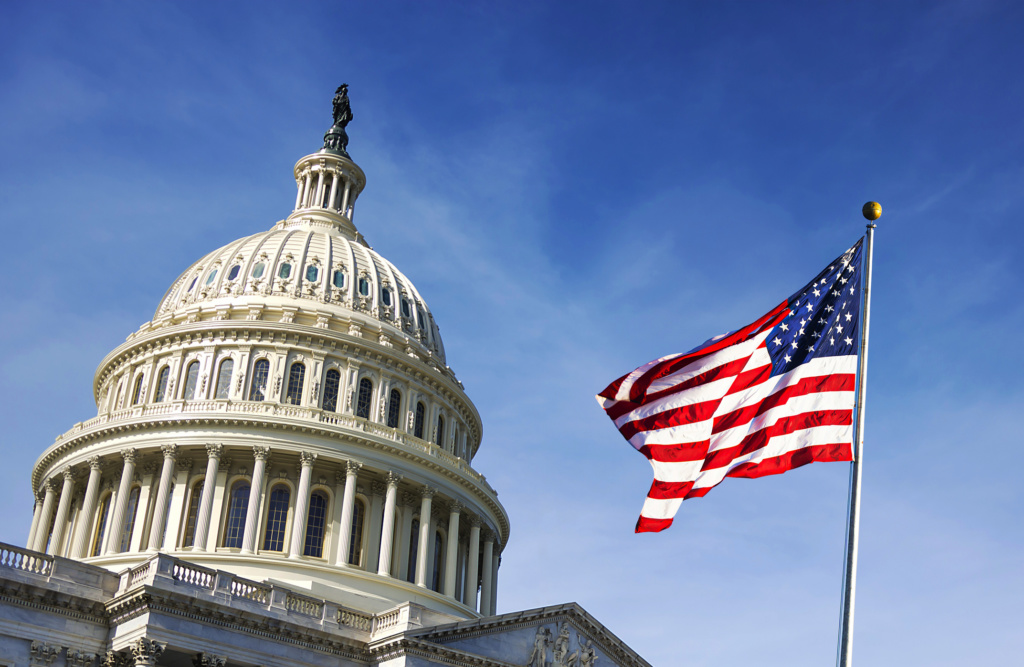The State of Affairs Navigating Challenges in the USA Today
In the ever-evolving landscape of the United States, the intersection of politics, social issues, and economic conditions shapes the daily lives of millions. As we delve into the current state of affairs, it’s essential to understand the complexities that define the nation today, from economic recovery efforts to social justice movements.
Economic Recovery and Job Growth
As the nation continues to recover from the impacts of the COVID-19 pandemic, the economic landscape presents both opportunities and challenges. Unemployment rates have seen a significant decline, reaching pre-pandemic levels, driven by sectors like technology, healthcare, and renewable energy. However, this recovery is uneven, with disparities evident across various demographics and regions.
Many Americans still grapple with inflation, which has affected everyday essentials like groceries and housing. The Federal Reserve’s response to rising prices has included interest rate hikes, aiming to stabilize the economy. Yet, these measures come with their own set of consequences, particularly for small businesses that rely on accessible credit to thrive.
As companies adapt to a changing market, remote work remains a hot topic. Many businesses are now embracing hybrid models, allowing employees to enjoy the flexibility of working from home while maintaining in-person collaboration. This shift not only enhances work-life balance but also opens up the job market to a broader pool of talent, irrespective of geographical boundaries.
Political Climate and Legislative Challenges
The political landscape in the U.S. remains highly polarized, impacting legislative efforts across the board. As we approach the 2024 elections, issues such as healthcare, climate change, and immigration continue to dominate the political discourse. The Biden administration has made strides in various areas, including infrastructure development and renewable energy initiatives, but faces significant pushback from opposition parties.
One of the critical challenges facing lawmakers is the debate over voting rights. Recent legislation aimed at expanding access to the ballot box has sparked heated discussions, with many states implementing stricter voting laws. Advocates for voting rights argue that these measures disproportionately affect marginalized communities, highlighting the ongoing struggle for equity in the democratic process.
Additionally, the national conversation around gun control has intensified following a series of tragic mass shootings. While many Americans support stricter regulations, political will remains fragmented, making it difficult to enact meaningful change. The debate encompasses not only legislation but also cultural attitudes towards gun ownership, revealing deep-seated divisions within society.
Social Movements and Cultural Shifts
In recent years, social justice movements have gained significant traction across the nation. The Black Lives Matter movement, sparked by incidents of police violence, has led to widespread calls for reform in law enforcement practices and greater accountability. This movement, alongside others advocating for LGBTQ+ rights, women’s rights, and environmental justice, has reshaped public consciousness and policy discussions.
Youth engagement in these movements has been particularly notable, with young activists harnessing the power of social media to amplify their voices. This generational shift is crucial in addressing systemic issues and pushing for progressive change. The 2024 elections will likely see a surge in youth voter turnout, as young people increasingly recognize the importance of their participation in shaping the future.
Moreover, the rise of climate activism is reshaping the dialogue around environmental policies. Events like climate strikes and grassroots campaigns have compelled businesses and governments to prioritize sustainability. The urgency of climate change has become a focal point in political debates, with calls for a transition to renewable energy sources and investment in green technologies.
Health Care and Public Health
Health care remains a critical issue for Americans, particularly in the wake of the pandemic. The challenges faced by the healthcare system have illuminated the need for comprehensive reform. Access to affordable healthcare is a persistent concern, with many citizens still uninsured or underinsured. The Biden administration’s efforts to expand access through the Affordable Care Act have made strides, yet hurdles remain.
Mental health has also emerged as a significant topic of discussion. The pandemic exacerbated existing mental health challenges, leading to increased awareness and advocacy for mental health services. Efforts to de-stigmatize mental health issues are gaining momentum, highlighting the importance of support systems and resources for those in need.
Accountability
As we navigate the complexities of contemporary America, it is evident that the nation stands at a crossroads. The interplay between economic recovery, political challenges, social movements, and public health initiatives creates a dynamic landscape that requires informed engagement from all citizens. By actively participating in discussions and advocating for change, Americans can help shape a future that reflects the values of equity, justice, and sustainability. The journey ahead may be fraught with obstacles, but the collective efforts of individuals and communities can pave the way for a more inclusive and prosperous society.




Post Comment